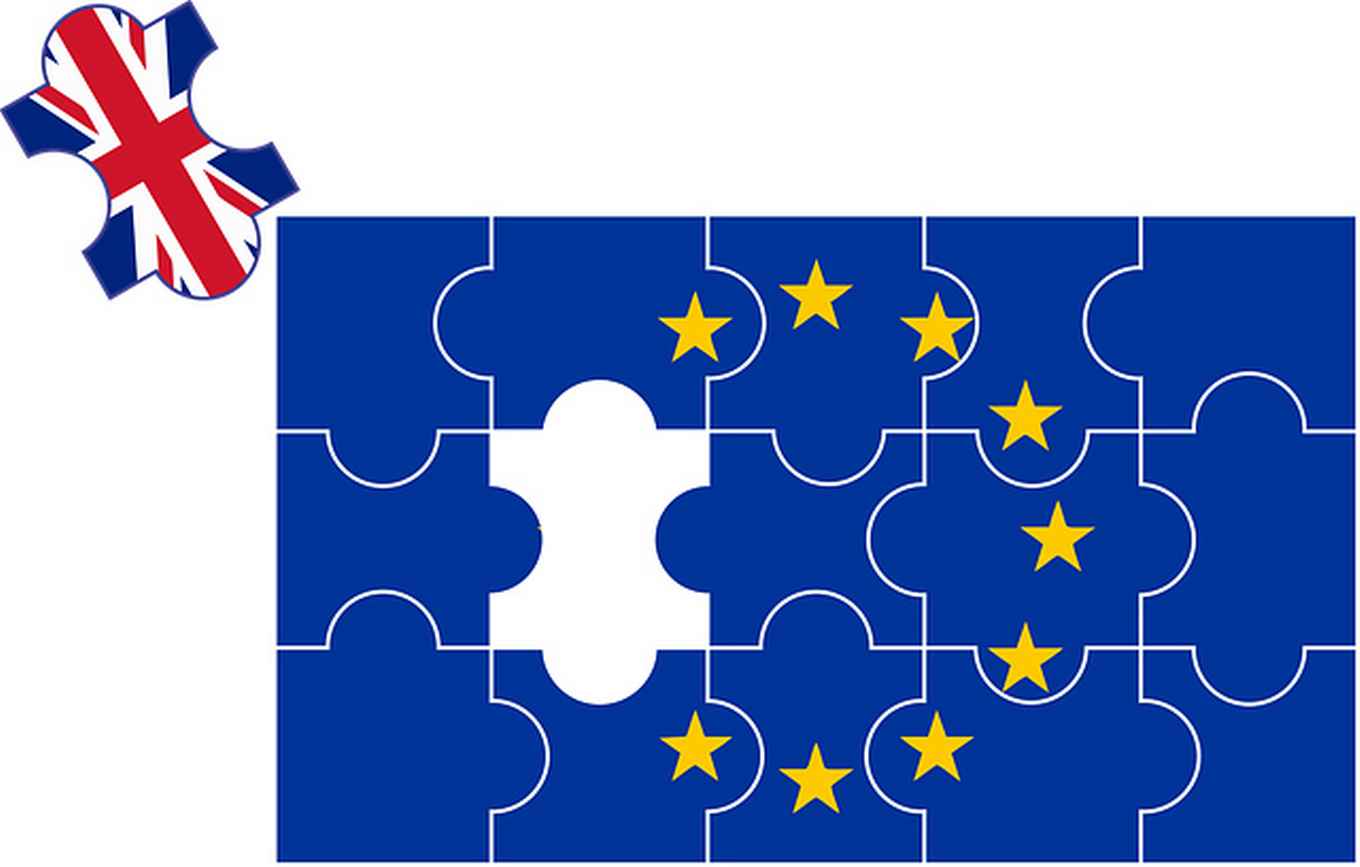Why it is hard to exit the EU
27 March 2019


While watching Brexit news and wondering about the length and complexity of the whole process, the question rises why it is so difficult to leave. Our EU governance and Brexit expert Jonathan Zeitlin, whom we spoke earlier this week about possible Brexit scenarios, sheds some light on the complexity of an EU exit and the impact on the EU and the Netherlands.
Deep institutional cooperation
Goods, services, capital and people flow smoothly across EU borders through the agreements made regarding tariffs, trade, and regulation. “This single market has now existed for 40 years and after 40 years of membership you are no longer the same sovereign state as you were before. Going back to the situation as it was before the single market, is like trying to put toothpaste back in the tube”, states Zeitlin. “Through this depth of regulatory integration, it is not surprising that it is extremely difficult to move away from the EU to be fully independent.”
Lack of independent regulatory capacity
“The UK has no independent bureaucratic capacity to make trade regulations, and there are no freestanding British equivalents of EU agencies to monitor air safety, medicines, chemicals and more. In case of a hard Brexit the UK will have to develop its own regulatory institutions, but any new regulations will have to be accepted by the EU. The EU has already indicated it will not accept new UK regulations on an automatic equivalence basis, just copying EU rules, but will review them on a case by case basis. The EU has also made it clear it does not want to continue being dependent on London as a financial centre regulated by UK financial supervisors. This complicates a potential deal that would be acceptable to both the UK and EU.”
The Irish border trilemma
A third element to the story of why it is so difficult to exit the EU, is the case of Ireland and the Good Friday Agreement. This Agreement (reached on Good Friday 1998) is a peace treaty between the British and Irish governments that ended The Troubles and states how Northern Ireland should be governed. A critical part of this agreement was softening the border between Northern Ireland and the Republic of Ireland. Brexit could put this treaty at risk: when the UK leaves the EU, it potentially needs to reestablish customs controls with Ireland.
“Here we are impaled on the horns of a trilemma, only two of which are possible at the same time:
- respecting the Good Friday deal that guarantees no hard border between Northern Ireland and the Republic of Ireland;
- the UK leaving the EU Customs Union, as Theresa May has promised, which implies a hard border with Ireland;
- ensuring that no new customs border is created between Northern Ireland and the UK.”
“The Irish backstop might save the UK from discovering too late the costs of a full exit from the EU Customs Union”
“The UK has to choose: staying in the Customs Union as a whole, or creating an economic division between Great Britain and Ireland. It is only by some kind of magical construction – such as the currently non-existent technological border control mechanisms proposed by the UK government – that this trilemma can be bridged.”
Brexit impact on the EU
“A big impact of Brexit on the EU, is that the most extreme forms of Euroskepticism have actually diminished. After the financial crisis and in reaction to Brexit and Trump, the EU has gained more support. EU cohesion has strengthened in the eyes of EU citizens and parties like the French Front National have changed from demanding an ‘EU-exit’ to a ‘change-the-EU’ perspective. Brexit has served as negative example for other EU members, while the EU has remained more united and performed much better than predicted.”
The Netherlands after Brexit
“A disorderly Brexit will in the short term come with high costs for the Netherlands. For example, producers of perishable products like flowers and dairy are very much oriented towards the UK market. These sectors will suffer if the UK leaves the Customs Union, taking much more time for their products to enter the UK market. In the longer term we also see benefits, such as businesses moving from the UK to the Netherlands, like financial services, and the transfer of the European Medicines Agency headquarters to Amsterdam. These long-term gains will probably outweigh the short-term costs. “
“On the political level the Netherlands will lose an ally. We already see that the Netherlands are making new coalitions with other Northern countries through the so-called ‘new Hanseatic League’ to block Eurozone reforms and keep a liberal and open single EU market. But the departure of the UK makes the Netherlands a potentially more important EU member and the Netherlands could benefit from taking a more positive and creative leadership role, by helping to finding compromises for a safer and better EU, for example by combining risk sharing with risk reduction in the Banking Union”, concludes Zeitlin.